“Unless you do something beyond what you’ve already mastered, you will never grow.”
Ronald E. Osborn
Lately, I was feeling the need of a challenge, both as a musician and a music school owner.
So I have enrolled myself into a Rockschool Guitar Grade 6 Exam, scheduled to be in November this year. I am both excited and nervous, as I have not sat an exam in 6 years.
Rockschool is an internationally recognised music examination board for the modern musician, and have been the leading rock exams since 1991. All pieces are influenced by contemporary genres such as rock, metal, jazz, blues and funk, and written by session musicians in the music industry. Only recently, it has secured a partnership with the Australian Music Examinations Board (AMEB), and it is considered an emerging curriculum in Australian music education.
Many instrumental music teachers in primary and secondary schools use ANZCA and AMEB as their main curriculum when teaching students. The strong relationship with the State and National Curriculum makes it difficult for new entrants like Rockschool to enter the Australian music education market.
Here are 5 reasons why you should consider Rockschool as an alternative exam:
It’s fun
Whereas AMEB and ANZCA exams contain many classical pieces for recital, Rockschool draws inspiration from artists such as Ed Sheeran, Metallica and Steve Vai. As a Gen Y, the fact that these pieces are written in the vein of my favourite artists makes practice more motivating. The fact that students can nominate Free Choice Pieces (any piece of music they want) to be examined, reassures all those people who are taking their exam for the first time, and ensures that the students’ musical interests don’t go unacknowledged.
It’s easy to understand
As a guitarist, it took me at least 2 years to read sheet music on my instrument. The ability to read music is important for orchestral instruments; however, this is not the only way to interpret music. Rockschool Guitar Exam also comes with tab, a type of numbered notation that almost all guitarists universally use. Once the student gets the notes down pat, then they can move on to deciphering the rhythm – this step-by-step process is very good for those unfamiliar with sheet music / the “classical way”.
It’s holistic
Every Rockschool exam assesses General Musicianship, whereby the examiner asks you questions about your instrument and personal expression of music. For example, in the Guitar books, there are suggested amp settings for each song, ensuring that your guitar sounds like the style of the song. Sample questions on guitar tone (how your instrument fits into the music) are written in each book, and are designed to instil that sense of responsibility and appreciation over the instrument.
I would like to finish off with a quote from a conversation I had with a Leading Examiner of Rockschool. As a professional guitarist and guitar teacher, he commented that “learning guitar is not a linear process.”
My hope is that all my students, regardless of their musical background, can set goals for themselves, and use ALL of the resources and learnings around them to achieve them. Rockschool is an example of an exam that not introduces key musical concepts, but also ensures that each music student develops pride within their instrument, and can communicate across a wide range of genres.
Have you considered a guitar exam before?
Has this article cleared the air on what exam to take?
I would love to have a follow up chat with you in the messages below, or on my Facebook.
Until next time,
Aim high and keep on rockin’
Team Rock

